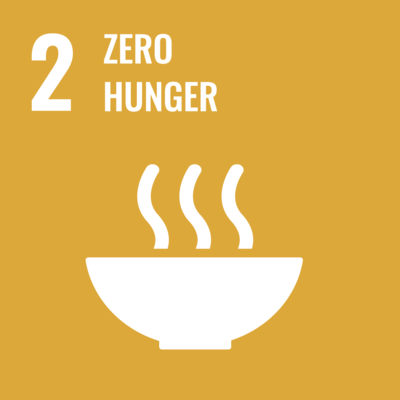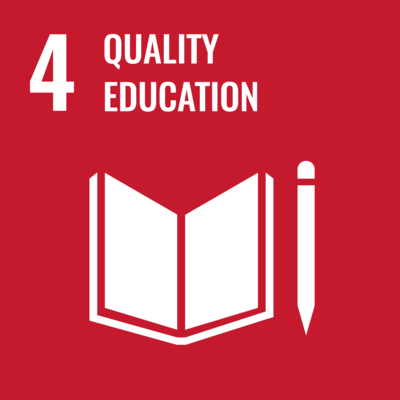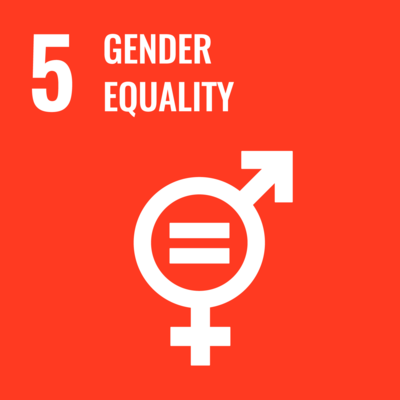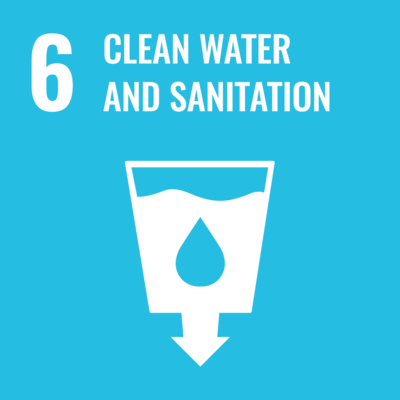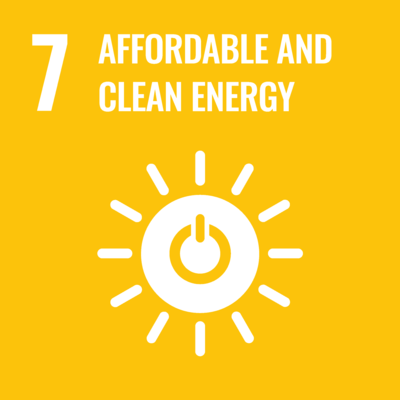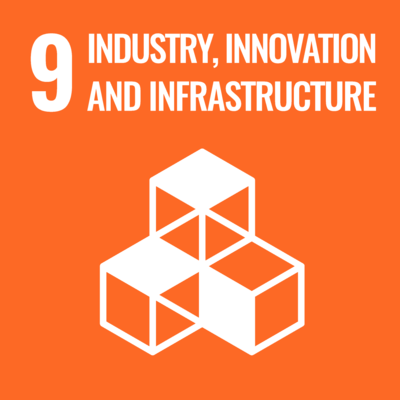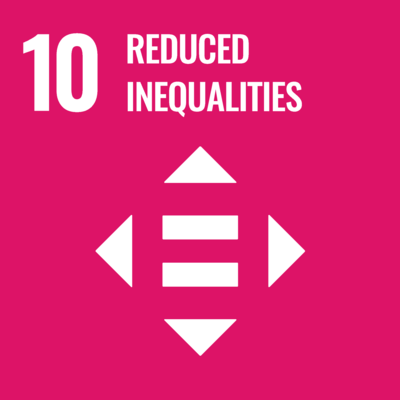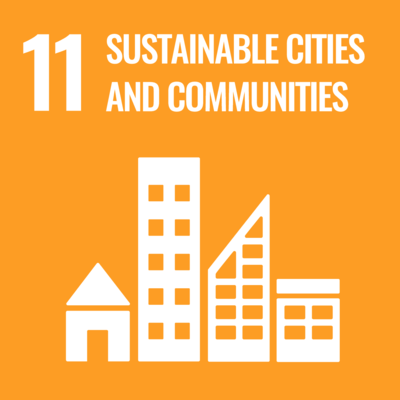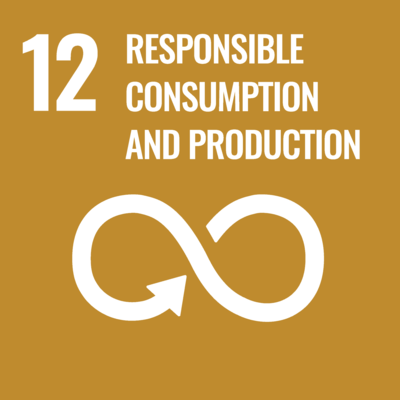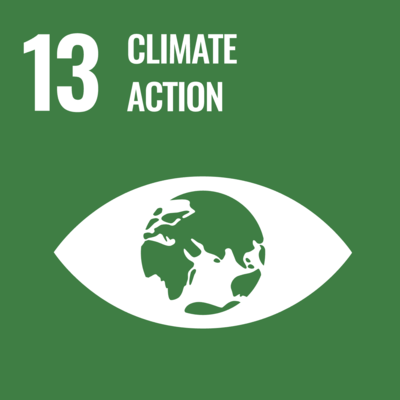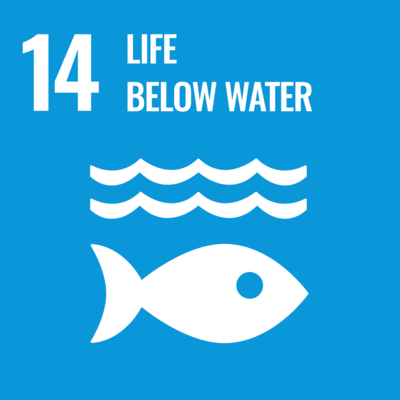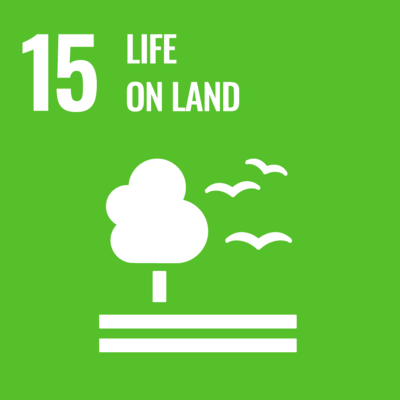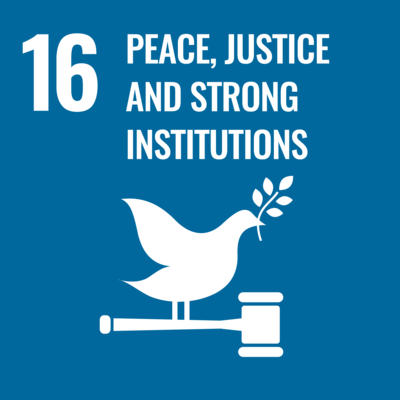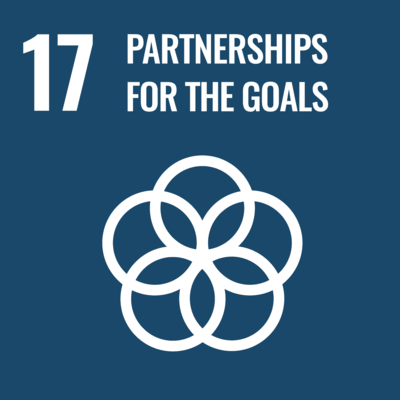SDG 6.3.2 Preventing water system pollution
1. The water supply and sewage pipe networks in NCUE are installed independently. The principles for the installation of water supply and sewage pipes, as stipulated by the Taiwan Water Corporation, have been fully adhered to. Specifically, the sewage pipe network is installed at a greater depth than the water supply pipe network, thereby effectively preventing the contamination of the water supply system.
2. Drinking water for our staff and students is supplied through well-distributed public water dispensers. There are 249 dispensers in the university, with 180 and 69 dispensers on the Jinde and Baoshan Campus, respectively.
3. NCUE conducts water quality testing of the dispensers in accordance with the provisions of the Regulations on the Use and Maintenance of Stationary Equipment Providing Continuous Supplies of Drinking Water. The manufacturer is commissioned to select 25% of all our water dispensers for inspection per quarter each year. Specifically, 60 dispensers are inspected per quarter (no repeated selection for inspection). The inspection item is the number of Escherichia coli colonies. The maximum limit of such colonies, as stipulated in the provisions of the Drinking Water Quality Standards issued by the Ministry of Environment, Executive Yuan, is 6 CFU per 100 ml. The water quality test results from the water dispensers at NCUE all meet the standards for drinking water, reflecting a 100% passing rate. Examples of inspection reports on the university’s water dispensers for 2023are shown in Figures 1- 2:
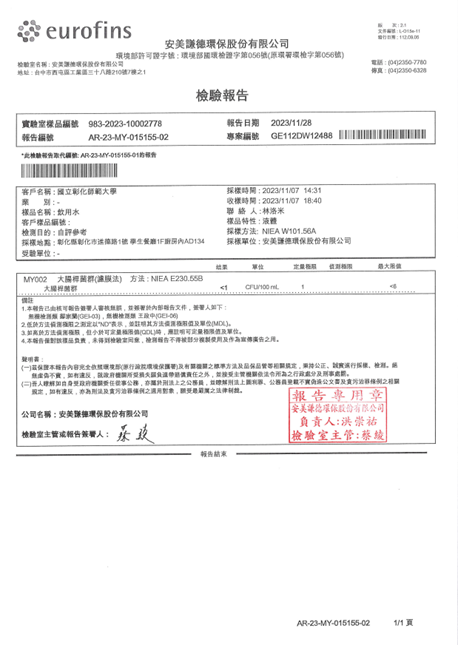
Figure 1: Inspection report 983-2023-10002778 for water dispensers on the Jinde Campus
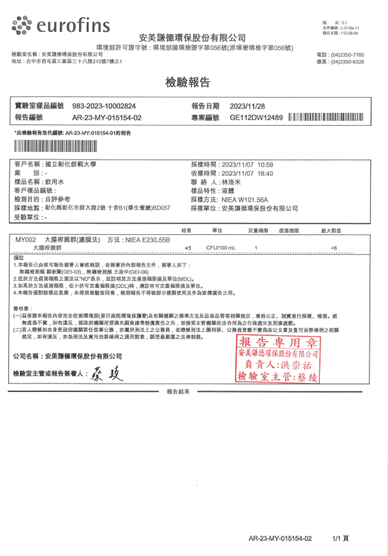
Figure 2: Inspection report 983-2023-10002824 for water dispensers on the Baoshan Campus
For the full reports, please refer to Appendix 6.3.2A-Inspection of water dispensers for Q4 2023 (Jinde) and Appendix 6.3.2B-Inspection of water dispensers for Q4 2023 (Baoshan).


